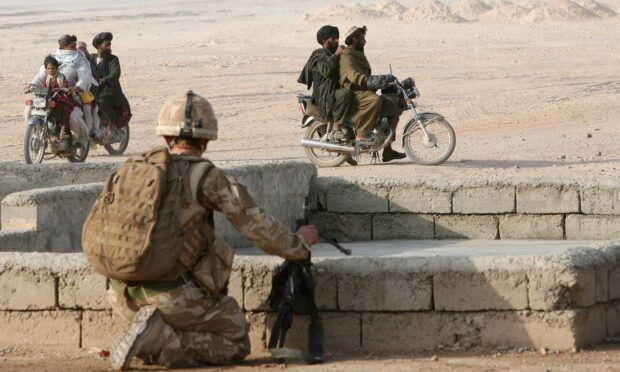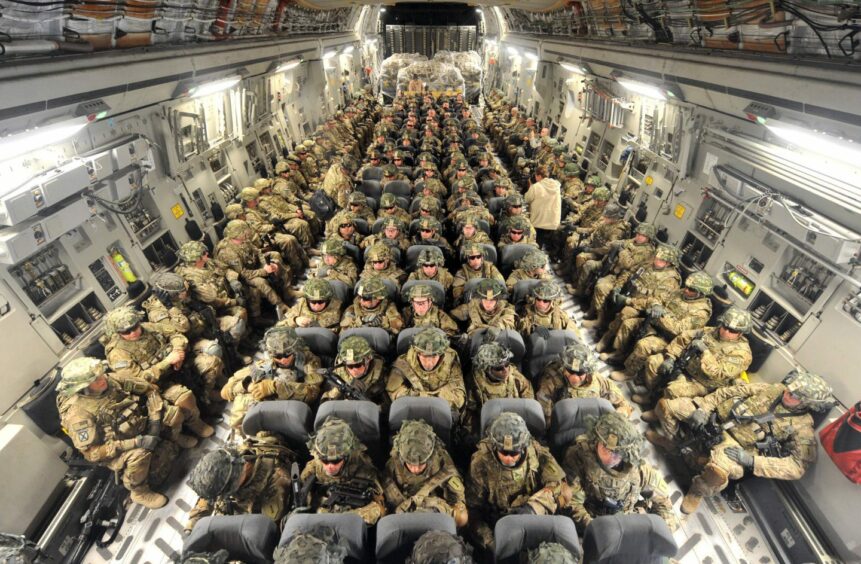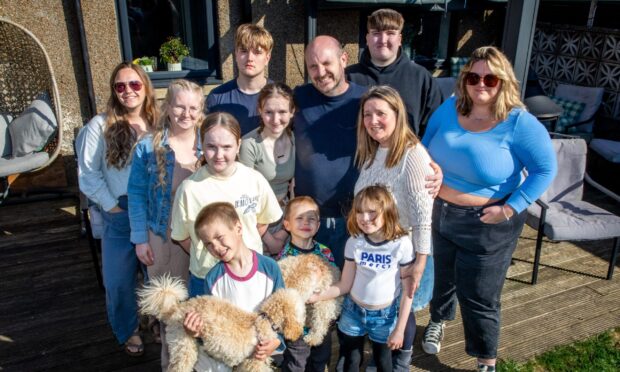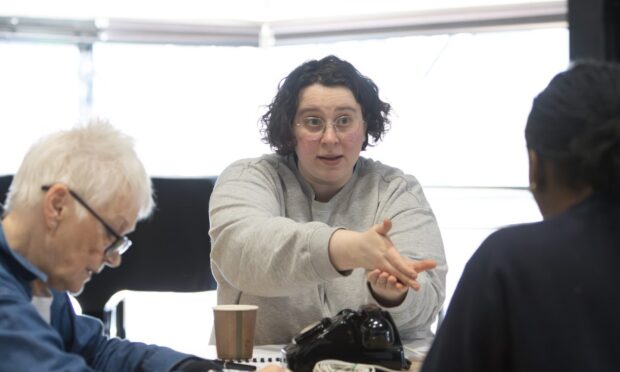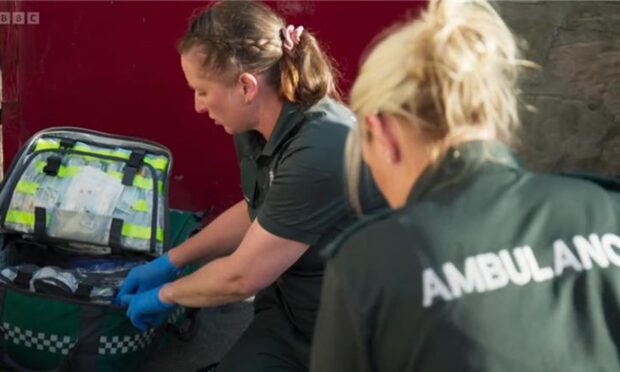An enormous, Ken Burns-style documentary epic could be produced on the history of Afghanistan and its significance to world affairs, particularly in the past 40 or so years, when it’s stymied the military might of Russia and the USA alike.
Until that film comes along, though, Afghanistan: Getting Out (BBC Two/iPlayer) was one of those documentaries which you felt breezed over the massive amount of complexity and detail involved in the subject .
Good overview, good access
Even when it spread over two episodes, the second of which was this week. Still, it gave as good an overview as any casual viewer might need of what just happened there.
It also had good interview access to figures who were close to the heart of the action, including Robert Gates, US Secretary of Defence under both George W Bush and Barack Obama, who says with amusement that younger staffers referred to him as ‘Yoda’ behind his back.
There are also words from General David Petraeus, Trump-era staffers including John Bolton, and ex-UK Prime Minister David Cameron, whose appearance is something of a historical curio, seeing as his reputation as a safe pair of hands on international politics has entirely evaporated in the past six years. Still, he was there and he knew what happened.
Hearing from Afghan operators
Even more important to this story are the words of Afghan political operators from the past two decades, and whose perspectives are essential, among them former President Ashraf Ghani’s chief of staff and peace negotiator Fatima Gailani.
As an Afghan woman, her voice is hugely important in this story.
The first episode essentially told how the US and UK coalition forces got into Afghanistan in 2001, and the second told how they got out again.
Each side of the story is as tragic as the other, and their root cause is one of the very first chronological events shown; the destruction of the World Trade Centre’s Twin Towers by Al Qaeda terrorists in ’01.
After this, coalition forces went into Afghanistan and took charge in short order, doing the same in Iraq two years later.
A sense of democratisation and liberalisation in the country followed, with Afghan women in particular benefitting from the banishing of the fundamentalist Taliban.
Yet America’s objective was always, at its heart, a simple quest for revenge. When Osama bin Laden was killed in 2011, that objective was essentially over, and from there it became a question of how the coalition could get out without societal collapse in the country.
That the pull-out was so total
The answer, as anyone who watched the news in 2021 knows, was that they couldn’t, and among those Afghans spoken to, the sense is not of resentment that the country was invaded, but that the pull-out last year was total, with not even a token force remaining to keep the Taliban at bay.
“Our future is dependent on others’ decisions,” says one ruefully.
On the other hand, say the coalition, the new government in Kabul was meant to keep the peace itself, and it only has its own corruption and naivety over the years to blame.
After 20 years, the series signed off by telling us the war had cost $2 trillion and the lives of 3,468 coalition soldiers and 168,000 Afghans.
This documentary won’t be the last we hear of it, but it made a start.
